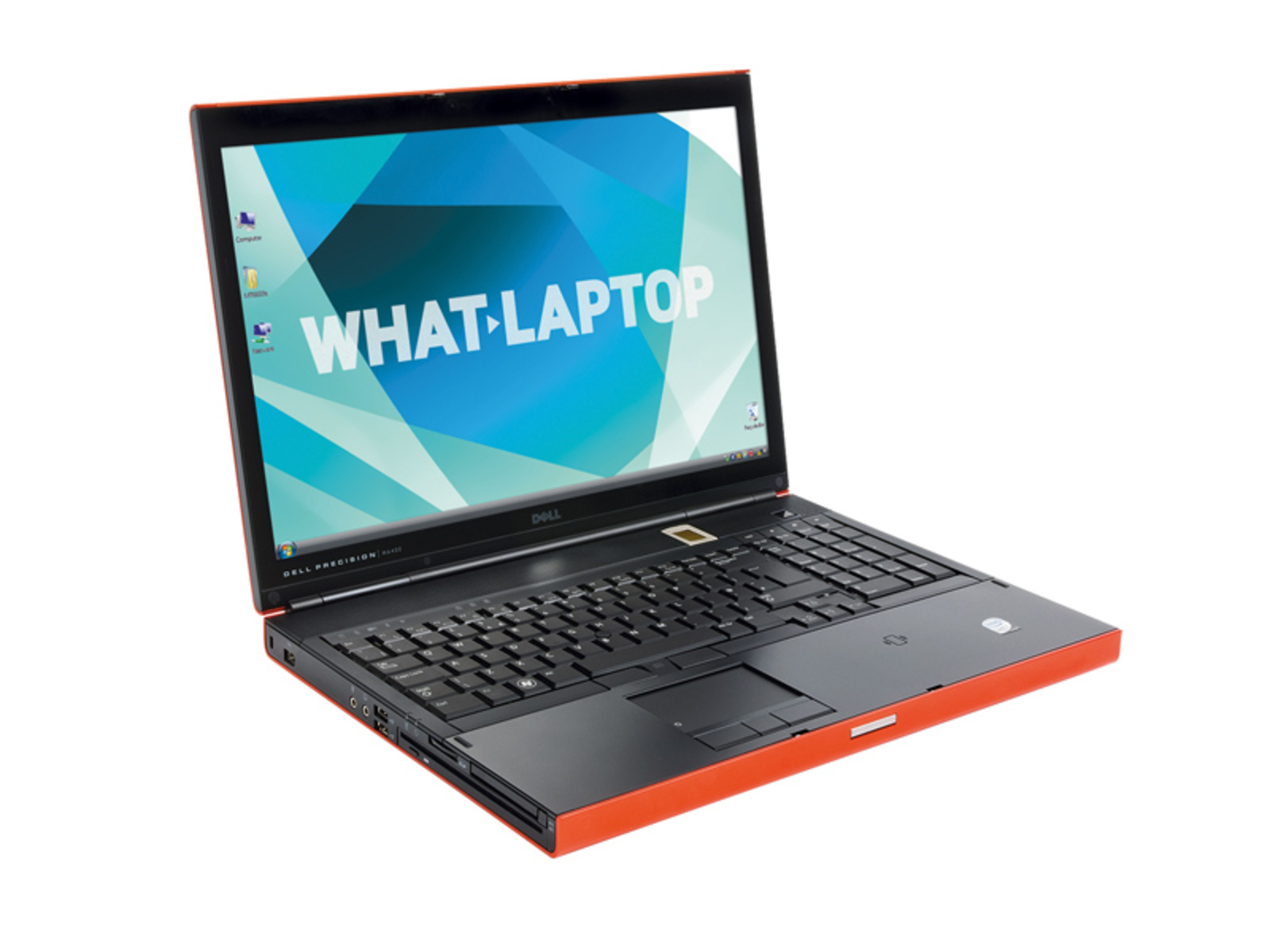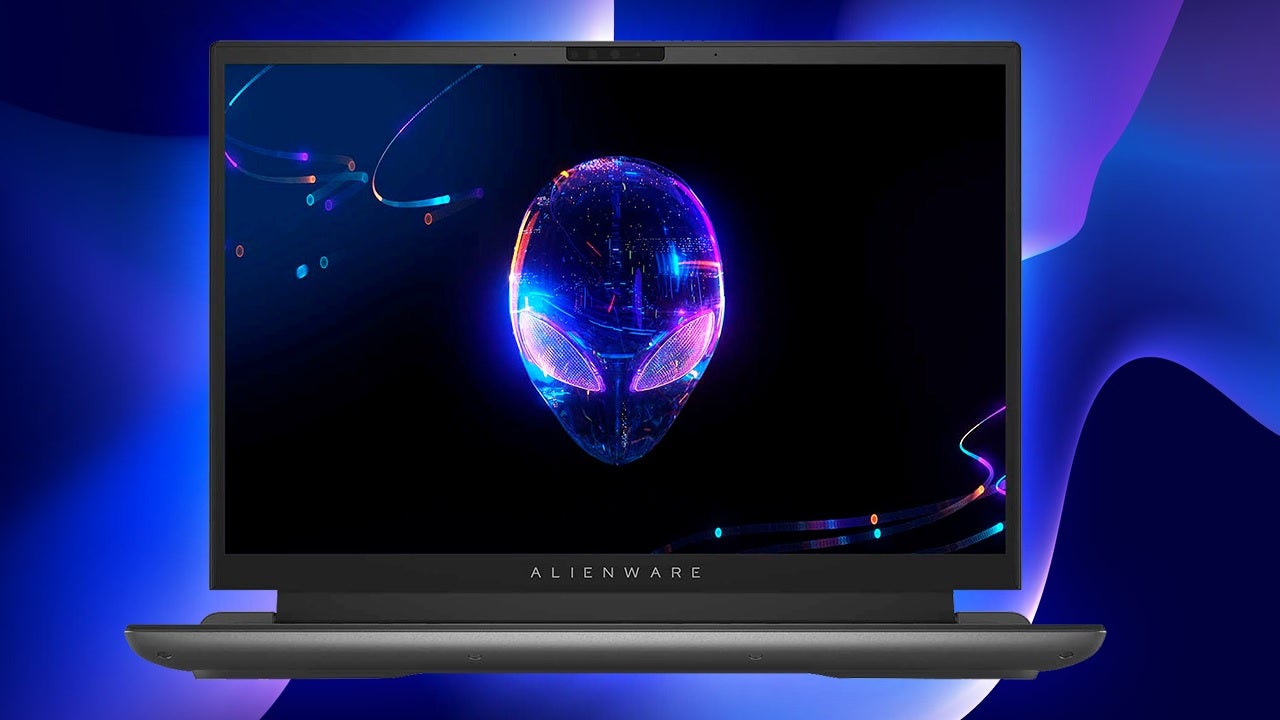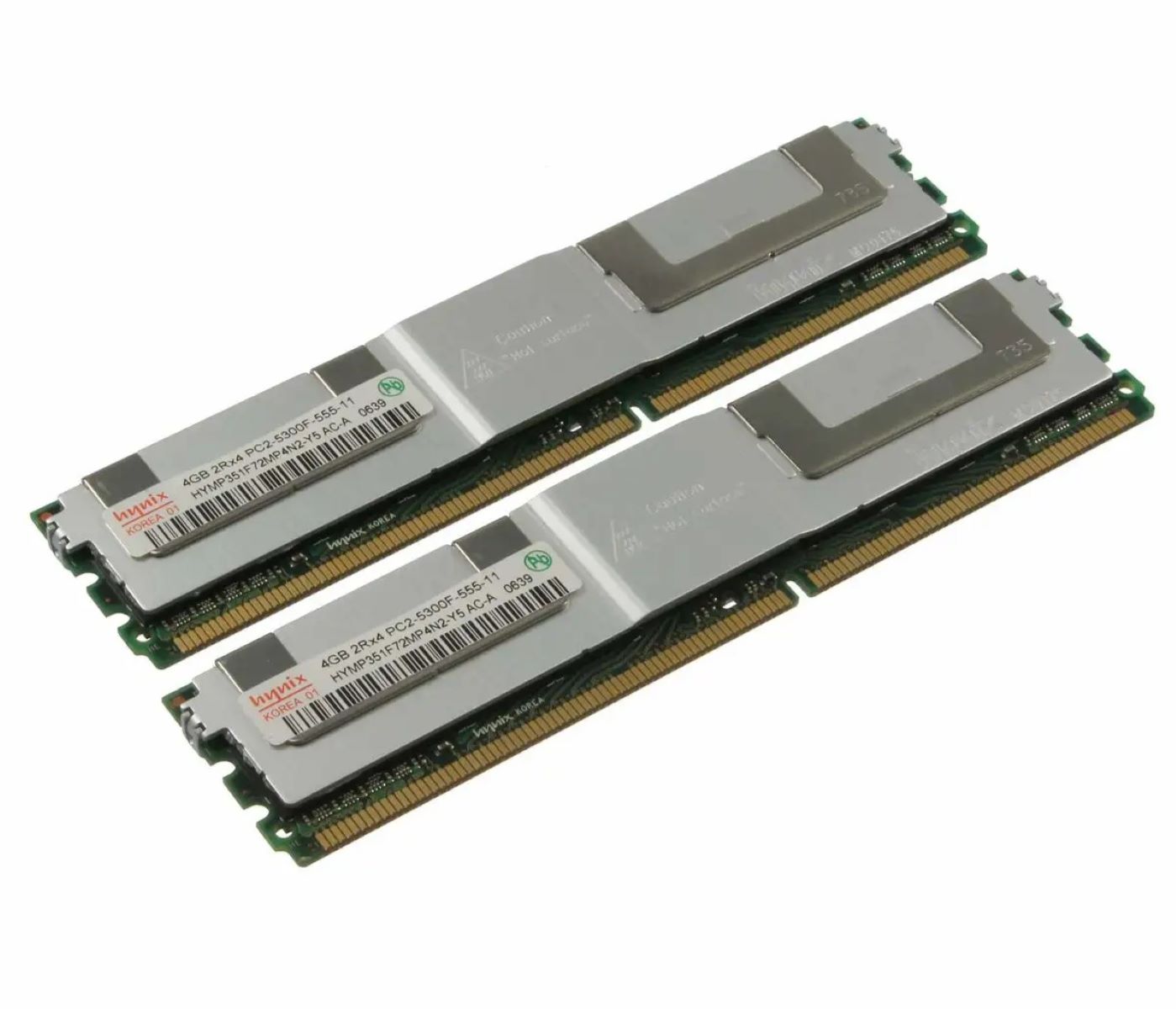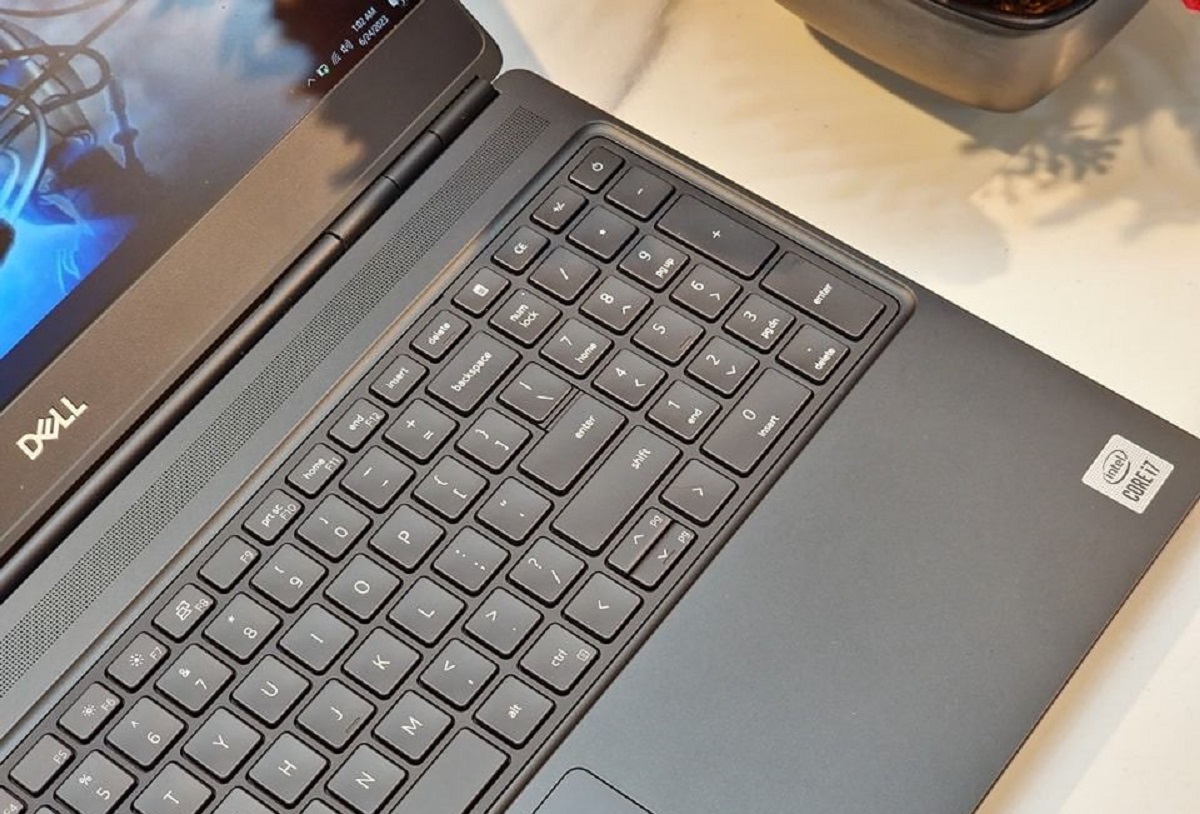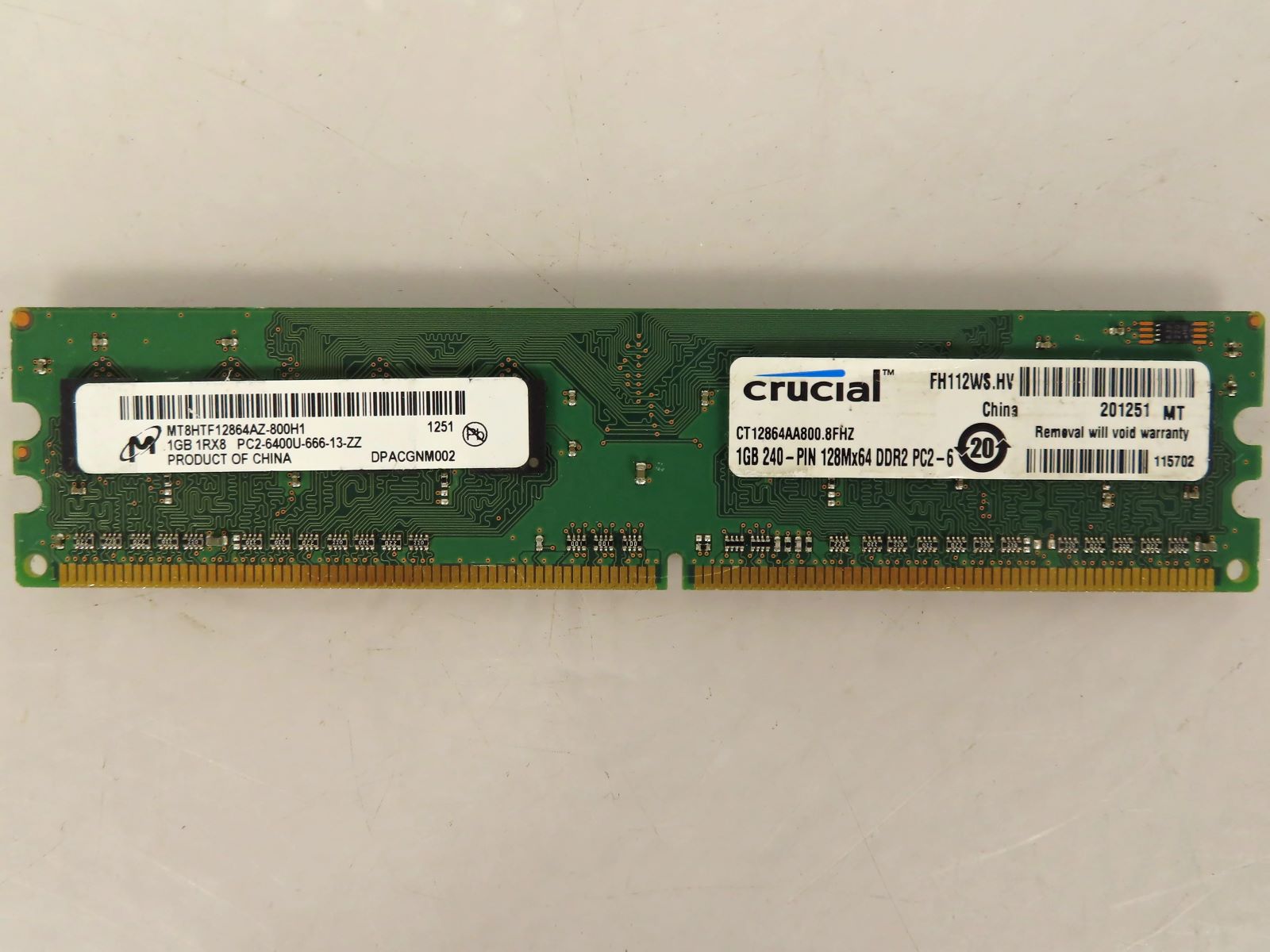Introduction
The Dell Precision M6400 Workstation is a powerful and versatile workstation designed for professionals who require exceptional performance for demanding tasks. Whether you’re a graphic designer, architect, engineer, or creative professional, the M6400 provides the processing power, memory, and graphics capabilities needed for handling intensive workloads and complex software applications.
When it comes to performance, the processor is a crucial component of any workstation. It determines the speed and efficiency at which tasks are executed, impacting overall productivity and user experience. Upgrading the processor can significantly enhance the performance of your Dell Precision M6400 Workstation, allowing you to tackle even more demanding projects with ease.
In this article, we’ll explore the different processor options compatible with the Dell Precision M6400 Workstation. We’ll discuss the various processor families, including Intel Core 2 Duo, Intel Core 2 Quad, Intel Core i7, and Intel Xeon. Additionally, we’ll provide insights into the process of upgrading the processor to help you make an informed decision about maximizing the performance of your workstation.
Whether you’re considering purchasing a new Dell Precision M6400 Workstation or looking to upgrade your current system, understanding the processor compatibility is essential. Let’s dive into the details of each processor family and uncover the potential improvements they can bring to your workflow.
What is the Dell Precision M6400 Workstation?
The Dell Precision M6400 is a high-performance mobile workstation designed for professionals who require a robust and reliable computing solution. It offers a combination of power, flexibility, and durability to handle even the most demanding tasks with ease. Equipped with cutting-edge technology and advanced features, the M6400 is engineered to deliver exceptional performance and productivity.
One of the standout features of the Dell Precision M6400 is its impressive processing capabilities. Powered by Intel processors, this workstation can handle complex calculations, graphics-intensive applications, and resource-heavy software with ease. With a range of processor options available, users have the flexibility to choose the one that best suits their specific needs and budget.
In addition to its powerful processors, the M6400 boasts a large and vibrant display that enhances the visual experience. With a choice of 17-inch displays, including UltraSharp and RGB LED options, users can enjoy vivid colors, sharp details, and excellent viewing angles. This makes it an ideal choice for professionals working in fields such as graphic design, animation, and CAD/CAM.
Another key feature of the Dell Precision M6400 is its expandability. It offers a variety of customization options, allowing users to tailor the workstation to their unique requirements. From memory and storage upgrades to graphics card enhancements, the M6400 can be configured to meet the needs of even the most demanding professionals.
Furthermore, the Dell Precision M6400 is built to withstand the rigors of everyday use. Its durable construction and robust design make it a reliable choice for professionals who need a workstation that can withstand long hours of usage and frequent travel. The M6400 is also equipped with advanced cooling technology to ensure optimal performance even during intense workloads.
Overall, the Dell Precision M6400 Workstation is a powerful and feature-rich machine designed to empower professionals in various industries. It offers exceptional performance, impressive graphics capabilities, expandability, and durability, making it a top choice for those who demand the best from their workstation.
Processor Compatibility
When it comes to upgrading the processor of your Dell Precision M6400 Workstation, it’s important to understand the range of options that are compatible with your system. The M6400 supports several processor families, each offering different performance levels and capabilities. Let’s explore these processor options:
- Intel Core 2 Duo Processors: The M6400 is compatible with select Intel Core 2 Duo processors, which offer dual-core performance and efficient power consumption. While these processors may not provide the highest level of performance compared to newer generations, they can still handle most everyday tasks and moderate workloads effectively.
- Intel Core 2 Quad Processors: If you require improved multitasking capabilities and want to boost the overall performance of your workstation, upgrading to an Intel Core 2 Quad processor is a viable option. These processors feature four cores, allowing for increased processing power and faster task execution.
- Intel Core i7 Processors: The M6400 is also compatible with certain Intel Core i7 processors. With their higher clock speeds, turbo boost capabilities, and hyper-threading technology, Core i7 processors deliver exceptional performance for demanding tasks. They are well-suited for professionals working in fields such as 3D rendering, video editing, and data analysis.
- Intel Xeon Processors: For users who require maximum performance and reliability for resource-intensive workflows, the M6400 supports Intel Xeon processors. These processors are specifically designed for workstations and can handle heavy workloads with ease. With features such as ECC memory support and advanced security technologies, Xeon processors are ideal for professionals in industries like engineering, architecture, and scientific research.
It’s worth noting that upgrading the processor of your M6400 may require a compatible chipset and BIOS version. Before proceeding with any processor upgrade, it’s important to consult the Dell support documentation or contact their technical support for specific compatibility information.
Furthermore, it’s recommended to seek professional assistance when upgrading the processor, as it involves delicate hardware installation and potential BIOS updates. This will ensure a smooth transition and minimize the risk of damaging your workstation during the upgrade process.
By understanding the processor compatibility options for the Dell Precision M6400 Workstation, you can make an informed decision to enhance the performance and capabilities of your system based on your specific needs and budget.
Intel Core 2 Duo Processors
The Intel Core 2 Duo processors are a compatible processor option for the Dell Precision M6400 Workstation. These processors feature two cores, making them capable of handling multiple tasks concurrently. While they are not the latest generation of processors, they still offer solid performance for everyday tasks and moderate workloads.
The Core 2 Duo processors come in different models, each with varying clock speeds and cache sizes. Generally, higher clock speeds and larger cache sizes result in better performance. However, it’s important to consider your specific workload requirements when choosing a Core 2 Duo processor for your M6400.
One advantage of the Core 2 Duo processors is their power efficiency. They consume less power compared to more recent processor generations, resulting in longer battery life for mobile workstations like the M6400. This can be beneficial for professionals who frequently work on the go or in locations without easy access to power outlets.
While the Core 2 Duo processors may not deliver the highest level of performance compared to newer generations, they can still handle common tasks such as web browsing, document editing, and multimedia playback with ease. They are suitable for professionals who primarily use their M6400 for general office work, light photo editing, and other non-intensive applications.
However, it’s important to note that if you work with resource-intensive software, such as 3D modeling, video editing, or complex simulations, the Core 2 Duo processors may not provide sufficient power and performance. In such cases, considering a processor upgrade to a more powerful option, such as an Intel Core i7 or Xeon processor, would be recommended.
To upgrade your M6400 with a Core 2 Duo processor, it’s essential to ensure compatibility with your specific model and check if any BIOS updates or firmware updates are required. Dell’s official documentation or technical support can provide specific information on compatible processors and necessary updates for your workstation.
Overall, Intel Core 2 Duo processors offer decent performance and power efficiency for everyday tasks and moderate workloads on the Dell Precision M6400 Workstation. However, for more demanding tasks and resource-intensive applications, considering a processor upgrade to a newer generation would be advisable to maximize performance and productivity.
Intel Core 2 Quad Processors
The Dell Precision M6400 Workstation is compatible with Intel Core 2 Quad processors, which offer enhanced multitasking capabilities and improved performance compared to the Core 2 Duo processors. The Core 2 Quad processors are specially designed for handling demanding tasks and resource-intensive applications.
With four processing cores, the Core 2 Quad processors deliver significant performance gains, especially in situations where parallel processing is required. This means that the M6400 can handle multiple tasks simultaneously, allowing for faster and more efficient execution of complex software applications.
The Core 2 Quad processors come in various models, each with different clock speeds, cache sizes, and power consumption levels. It’s important to choose the right processor model based on your specific workload requirements and budget.
One of the key advantages of upgrading to a Core 2 Quad processor is improved performance in tasks that benefit from multiple cores. This includes activities such as video editing, 3D rendering, virtualization, and running multiple applications simultaneously.
For professionals in fields such as graphic design, architecture, and engineering, the Core 2 Quad processors offer a significant performance boost. Complex design software and CAD applications can take full advantage of the additional cores and provide a smoother and more responsive user experience.
Another advantage of the Core 2 Quad processors is their compatibility with a wide range of software applications. Many popular software programs are designed to utilize multiple cores effectively, making the M6400 with a Core 2 Quad processor an ideal choice for professionals who rely on such software on a daily basis.
Upgrading to a Core 2 Quad processor may require a compatible chipset and BIOS version. It’s crucial to refer to the Dell support documentation or consult their technical support to ensure proper compatibility and any necessary updates for your workstation.
Overall, Intel Core 2 Quad processors provide a substantial performance improvement over Core 2 Duo processors, making them an excellent choice for professionals who require enhanced multitasking capabilities and improved performance for resource-intensive tasks. Upgrading to a Core 2 Quad processor can unlock the full potential of the Dell Precision M6400 Workstation and significantly boost productivity.
Intel Core i7 Processors
The Dell Precision M6400 Workstation is compatible with certain Intel Core i7 processors, which provide a significant performance upgrade over the previous generation processors. The Core i7 processors offer faster clock speeds, improved power efficiency, and advanced features that make them well-suited for demanding tasks and resource-intensive applications.
With their higher clock speeds and turbo boost technology, Core i7 processors deliver exceptional single-threaded performance, allowing for faster execution of tasks. This is particularly advantageous for professionals who work with software applications that rely heavily on single-core performance, such as video editing, 3D modeling, and simulations.
In addition to faster clock speeds, Core i7 processors also feature multiple cores with hyper-threading technology. Hyper-threading effectively doubles the number of threads and enables more efficient multi-threaded performance. This is beneficial for tasks that can make full use of parallel processing, such as software compilation, rendering, and running virtual machines.
Another key feature of the Core i7 processors is their support for higher memory speeds and larger memory capacities. This allows for improved data access and faster operations, enhancing overall system performance. Professionals who work with large datasets or memory-intensive applications, such as data analysis or scientific simulations, can benefit significantly from this feature.
Furthermore, Core i7 processors incorporate advanced technologies, such as Intel Turbo Boost and Intel Hyper-Threading, to dynamically optimize performance based on workload requirements. These technologies ensure that the processor operates at its maximum potential when needed, providing an extra boost of performance when handling intensive tasks.
When upgrading to a Core i7 processor, it’s crucial to ensure compatibility with your specific Dell Precision M6400 model and check for any necessary BIOS updates. Dell’s official documentation or technical support can provide specific guidance on compatible Core i7 processors and any required updates.
Overall, Intel Core i7 processors offer exceptional performance and capabilities for professionals who require the power and efficiency of a high-end processor. Whether you’re a video editor, designer, or engineer, upgrading to a Core i7 processor can elevate the performance and productivity of your Dell Precision M6400 Workstation, enabling you to handle even the most demanding tasks with ease.
Intel Xeon Processors
The Dell Precision M6400 Workstation is also compatible with Intel Xeon processors, which are specifically designed for high-performance workstations and server environments. The Xeon processors provide the utmost reliability, exceptional performance, and advanced features required for demanding professional workflows.
One of the key advantages of Intel Xeon processors is their ability to handle extremely heavy workloads and complex calculations. With multiple cores and high clock speeds, Xeon processors can effortlessly handle resource-intensive tasks such as 3D rendering, scientific simulations, and architectural modeling.
Moreover, Xeon processors offer support for ECC (Error-Correcting Code) memory, which helps identify and correct data errors. This feature ensures the integrity and reliability of critical data, making Xeon processors an ideal choice for professionals working on projects that require utmost accuracy and precision.
Intel Xeon processors also support higher memory capacities, allowing for extensive memory configurations. This is particularly beneficial for professionals who work with large datasets or memory-intensive applications, such as video editing or virtualization, where ample RAM is essential for fluid workflow and seamless multitasking.
Another significant advantage of Xeon processors is their advanced security features. They incorporate technologies such as Intel vPro and Trusted Execution Technology (TXT), which help protect sensitive data, prevent unauthorized access, and enable secure execution of applications. These security features make Xeon processors particularly suitable for professionals in fields such as financial services, healthcare, and defense, where data security is of utmost importance.
It’s important to note that upgrading to a Xeon processor may require a compatible chipset and BIOS version. It is essential to refer to the Dell support documentation or consult their technical support to ensure proper compatibility and any necessary updates for your workstation.
While Intel Xeon processors offer extraordinary performance and reliability, it’s worth mentioning that they come at a higher cost compared to other processor options. Therefore, it’s important to assess your specific workload requirements and budget before opting for a Xeon processor for your Dell Precision M6400 Workstation.
Overall, Intel Xeon processors offer unparalleled performance, exceptional reliability, and advanced security features for professionals working in demanding environments. Upgrading your M6400 with a Xeon processor can significantly enhance your workstation’s processing power, enabling you to handle even the most complex tasks with ease.
Upgrading the Processor
If you’re looking to upgrade the processor of your Dell Precision M6400 Workstation, there are a few important considerations to keep in mind. Upgrading the processor can significantly enhance the performance and capabilities of your workstation, allowing you to tackle more demanding tasks and improve productivity.
The first step in upgrading the processor is to determine the compatibility of your M6400 with the desired processor model. It’s crucial to refer to the Dell support documentation or contact their technical support to ensure that the processor you choose is compatible with your specific M6400 model. They can provide you with information on the compatible processor families, necessary BIOS updates, and any other requirements for a successful upgrade.
Once you have identified a compatible processor, it’s essential to prepare for the upgrade process. This involves gathering the necessary tools, such as a screwdriver and thermal paste for reapplying heat sink, and reviewing the user manual or online resources to familiarize yourself with the proper steps for replacing the processor.
A crucial aspect of upgrading the processor is ensuring proper grounding and electrostatic discharge (ESD) precautions. ESD can damage sensitive computer components, including the processor. Therefore, it’s important to work on a grounded surface, wear an anti-static wristband, and handle the processor with care to avoid any ESD-related issues.
Before physically replacing the processor, it’s recommended to perform a BIOS update to ensure compatibility and stability. The BIOS update process can vary depending on your specific M6400 model, so it’s essential to follow the instructions provided by Dell or consult their technical support if needed.
Once you’ve successfully replaced the processor, it’s crucial to apply a thin layer of thermal paste to assist in heat transfer between the processor and heat sink. This ensures optimal cooling and prevents overheating, which can affect the performance and longevity of the processor.
After upgrading the processor, it’s important to perform thorough testing to ensure stability and proper functioning. Run stress tests, benchmarking tools, or resource-intensive applications to gauge the performance and check for any potential issues or compatibility concerns.
If you’re not comfortable or experienced with upgrading computer hardware, it’s advisable to seek professional assistance. Computer technicians or authorized service providers can ensure a safe and successful processor upgrade, minimizing the risk of damage to your workstation and maximizing the performance gains.
Overall, upgrading the processor of your Dell Precision M6400 Workstation can be a worthwhile investment, providing a significant boost in performance and enabling you to handle more demanding tasks. By following proper procedures and ensuring compatibility, you can successfully upgrade the processor and unlock the full potential of your workstation.
Conclusion
The Dell Precision M6400 Workstation offers a range of compatible processor options that can significantly enhance its performance and capabilities. Whether you choose an Intel Core 2 Duo, Core 2 Quad, Core i7, or Xeon processor, upgrading the processor can unlock the full potential of your M6400 and empower you to tackle even the most demanding tasks with ease.
The Intel Core 2 Duo processors provide solid performance for everyday tasks and moderate workloads, with efficient power consumption. If you require enhanced multitasking capabilities, the Core 2 Quad processors offer improved performance and better resource handling.
For professionals who demand top-notch performance, the Intel Core i7 processors deliver exceptional processing power, faster clock speeds, and efficient multi-threading performance. These processors are ideal for handling intensive tasks such as 3D rendering, video editing, and data analysis.
If you require maximum performance, reliability, and advanced features, Intel Xeon processors are the ultimate choice. With their ability to handle heavy workloads and support ECC memory, Xeon processors are well-suited for professionals in fields such as engineering, architecture, and scientific research.
When upgrading the processor, it’s crucial to ensure compatibility, perform necessary BIOS updates, and take necessary precautions to prevent damage. Seeking professional assistance is advisable if you are not experienced in hardware upgrades.
Upgrading the processor of your Dell Precision M6400 Workstation can elevate its performance and make it better equipped to handle your workflow requirements. Whether you’re a graphic designer, engineer, or architect, a processor upgrade can boost productivity and efficiency, enabling you to accomplish more in less time.
Take the time to assess your specific workload requirements, budget constraints, and compatibility considerations before choosing the processor that best suits your needs. By doing so, you can make an informed decision, enhance your workstation’s capabilities, and stay ahead in your profession.







